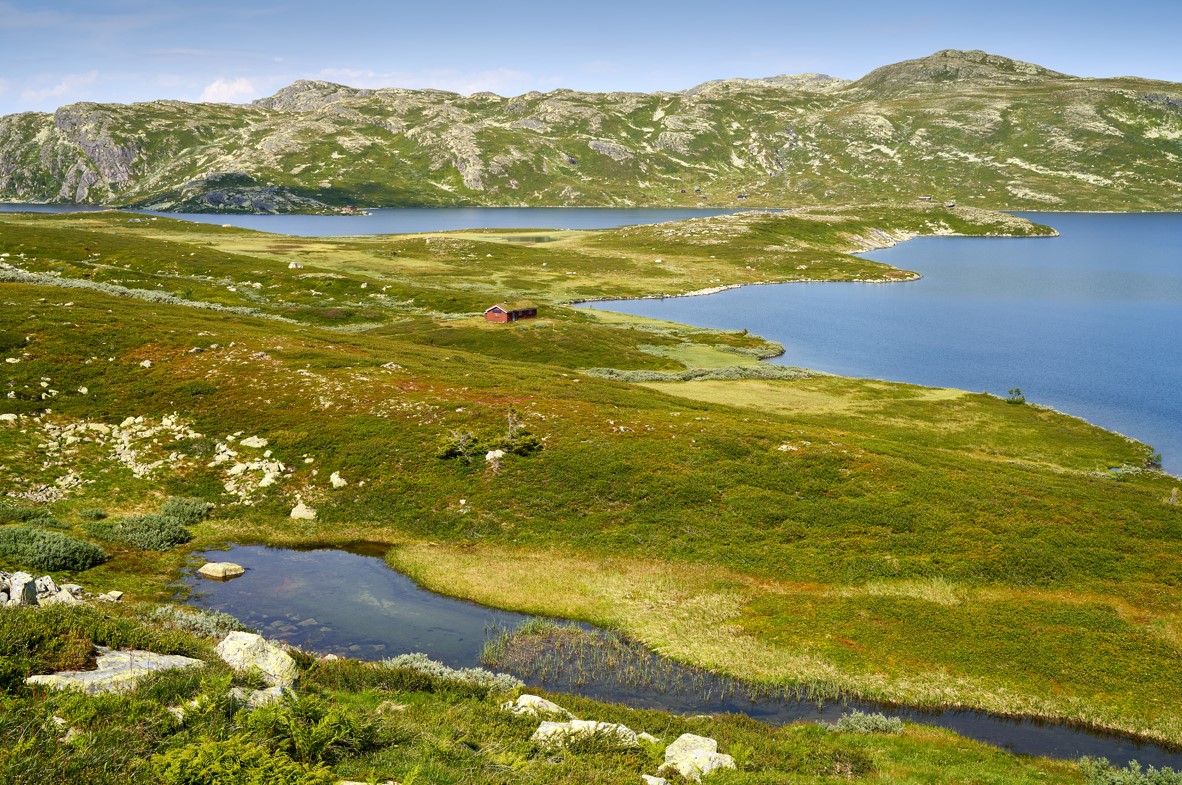When most people think about living off the grid, they imagine themselves getting back to nature, living a simple life, and being self-sufficient. While this is an appealing prospect, there are a few things you need to know before making the move. Here are 4 things you’ll want to keep in mind:
It’s Not As Simple As It Seems
Lifestyle magazines often glamorize the off-grid life, making it seem easy and carefree. The truth is that living off the grid involves a lot of hard work. You’ll need to be good at managing money, growing your own food, and fixing things yourself. You’ll also be distanced from emergency services. If you’re not prepared for hard work and isolation, you’ll likely find yourself struggling. Your new lifestyle will create more work and require better planning, making this a good time to assess whether you are physically up to the challenge of a heavier load. Most first-time off-grid livers find that the first year or two includes a significant amount of learning and growing skills that they didn’t anticipate needing to learn ahead of time.
You’ll Need To Be Prepared For A Variety Of Weather Conditions
Depending on the climate you chose to live in, you may experience a range of temperatures and weather conditions. Make sure you are prepared for anything, from snowstorms to sweltering heat. You’ll want to be sure that whatever power or heating system you have in place can withstand virtually anything the weather throws your way. Additionally, if you live in a place where extreme weather like tornadoes or flooding occurs, ensure that your home structure, livestock housing, and any farming land is protected from that type of weather. You may need to build up your foundation or use stormproof cement structures that you can use in case of those types of storms.
It Can Be Expensive
Living off the grid doesn’t have to be expensive, but initially, it can be more costly than living in a traditional home. You’ll need to invest in solar panels, wind turbines, and other equipment necessary for generating your own power. Prior to making any of these investments, however, make sure that the area you will be living in can support that type of equipment. For example, if you want to use solar panels, you will need to ensure that there is a clear area where the sun will be able to reach the panels. If your home is in a forested area, you may need to clear some trees so that you have enough sunlight throughout the day to charge your batteries.
Bathroom business is another matter. Someone has to handle the safe storage and disposal of sewage and other wastewater. Investing in solutions for these and other basic requirements can be spendy, and you’ll need to budget for regular septic tank maintenance. Don’t let all this deter you. These front-loaded expenses may sound draining, but after your initial investment, you’ll be able to enjoy the long-term payoff.
You’ll want to have a backup plan
Living off-grid isn’t easy for the aging, infirm, or anyone else who may need more help than they can provide for themselves. While you may start out lacking any of these concerns, their possibilities are worth considering in your long-term plan. If you’re not able to live independently even temporarily due to illness or injury, you’ll likely need to move in with family or friends who are living a traditional lifestyle.
Despite these challenges, living off-grid can be a very rewarding experience. If you’re prepared for what lies ahead, it’s a dream worth pursuing.















